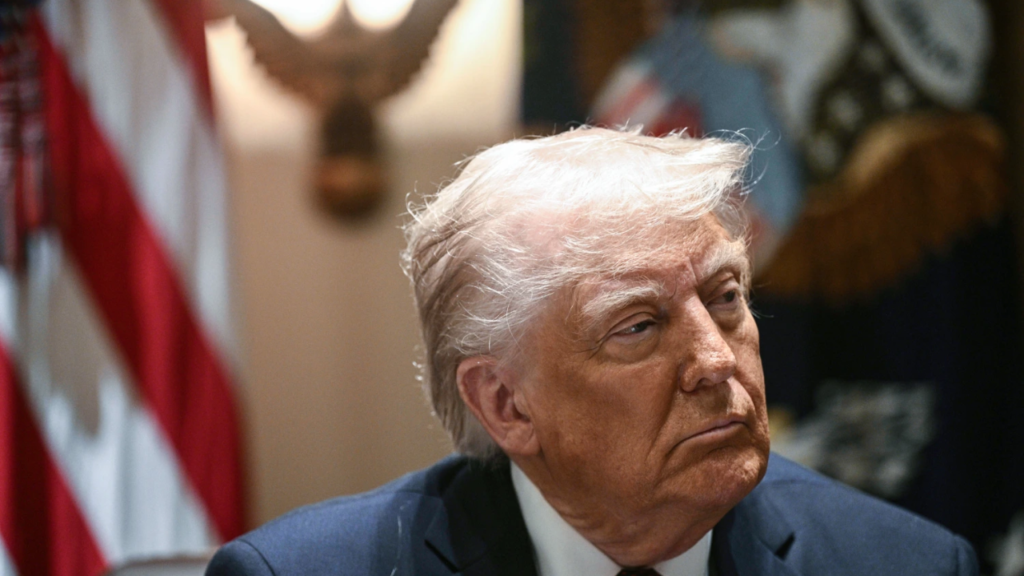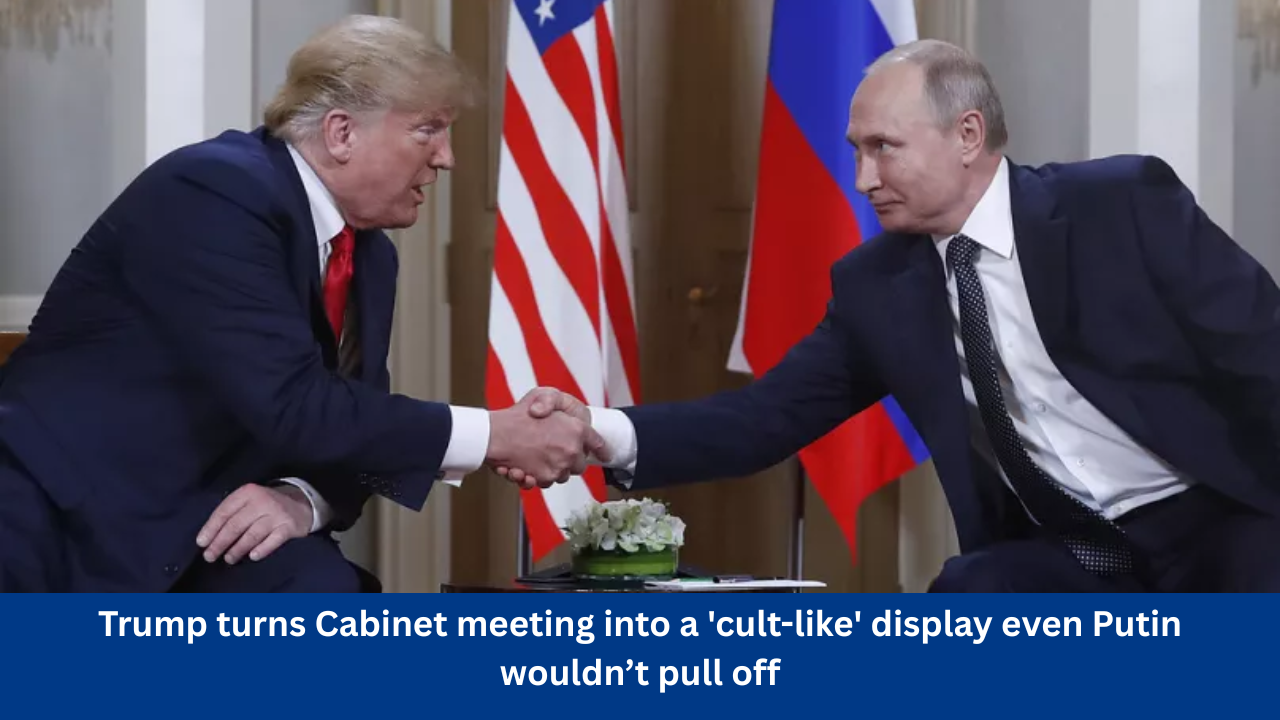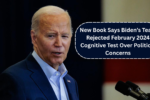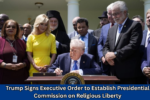Donald Trump’s recent Cabinet meeting has sparked significant controversy after reports surfaced that the President turned the session into a display of extreme loyalty, with his Cabinet members offering praise that critics have likened to authoritarian tactics. The meeting saw several officials referring to Trump as “the greatest president in history,” an act that some political analysts argue resembled behavior more commonly seen in autocratic regimes. Some have even suggested that the level of devotion expressed was so excessive that not even Russian President Vladimir Putin would demand such overt displays of loyalty.
A Display of Unwavering Loyalty
In a meeting held in March 2025, President Trump called on his Cabinet members to express their admiration for his leadership. The event quickly gained attention as members took turns publicly praising Trump, with some even referring to him as the “greatest president in history.” Such behavior, according to critics, mirrored the loyalty required by authoritarian leaders who demand public displays of allegiance from their followers.
This type of sycophantic praise is a stark contrast to the usual dynamics of a democratic government, where officials are expected to engage in open dialogue and dissent, particularly when policies are in question. Critics argue that this incident underscores Trump’s ongoing trend of fostering a culture where loyalty to the leader is prioritized over democratic principles like transparency, checks and balances, and accountability.
Comparing Trump’s Loyalty Demands to Putin’s Russia
One of the most striking comparisons drawn from this Cabinet meeting is to Vladimir Putin’s regime in Russia. Although Trump has repeatedly expressed admiration for Putin, his administration’s tactics appear to have reached a level of personal loyalty that even Russia’s authoritarian leader might find extreme. Putin is known for creating a political climate in which loyalty is essential, but it is generally tied to the exercise of power rather than public adulation.
In contrast, the Cabinet meeting saw an unusually personal level of praise for Trump, with officials showering him with exaggerated compliments. Such behavior is often seen in totalitarian regimes, where leaders demand a level of personal devotion that goes beyond simple political loyalty. While Putin does maintain tight control over Russia’s political landscape, critics argue that Trump’s demand for praise represents an unsettling trend towards personalistic rule, where the leader’s image becomes central to the functioning of the state.

The Growing Threat to Democratic Norms
This Cabinet meeting is not an isolated incident. Trump has long been accused of undermining democratic norms by fostering an environment where dissent is discouraged and loyalty to the leader is prioritized. From firing officials who disagreed with him to dismissing independent investigations into his actions, Trump’s approach to governance has raised concerns about the future of American democracy.
Such behavior is seen by some as a precursor to the erosion of democratic institutions. If leaders begin to focus more on personal loyalty than the rule of law, the very principles of democracy such as checks and balances are at risk. Critics fear that this trend, if unchecked, could lead to the breakdown of America’s democratic framework.
Conclusion
The controversy surrounding this Cabinet meeting highlights the dangers of centralizing power in the executive branch and prioritizing loyalty over democratic values. As the 2025 political landscape continues to evolve, it is crucial that citizens remain vigilant in defending democratic principles. Public officials must be held accountable to ensure that their actions align with the values of transparency, accountability, and respect for democratic institutions.
For more information on how the U.S. government functions and to access public records, visit the official U.S. Government website.

Pankaj Kumar is a skilled content writer at OTE News, focusing on breaking news, technology, and socio-political developments. With a background in Mass Communication, he brings a balanced perspective to his articles, ensuring clarity and reliability. Pankaj has a knack for simplifying complex topics for readers.
In his free time, he enjoys photography, traveling, and experimenting with new cuisines. His curiosity and dedication to truthful reporting make him a valuable contributor to OTE News.




